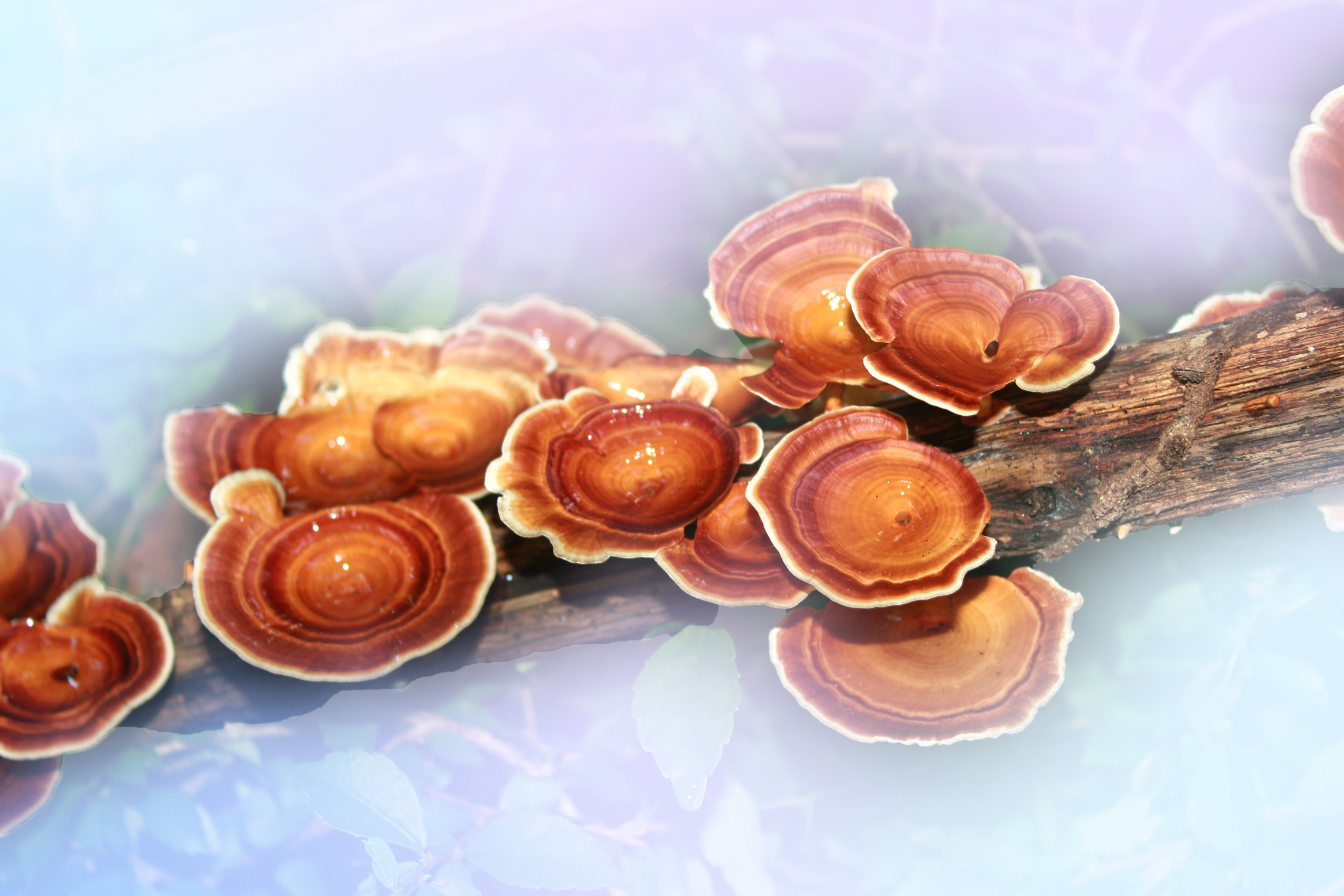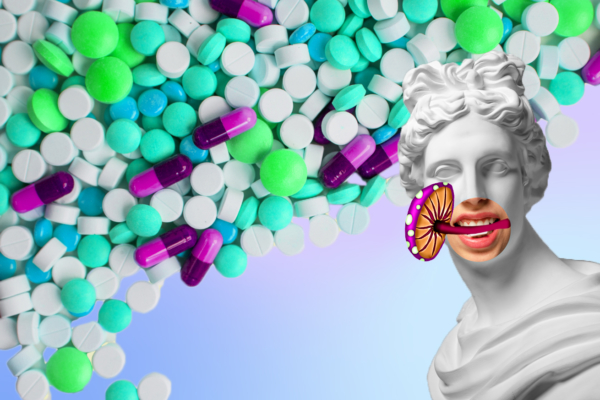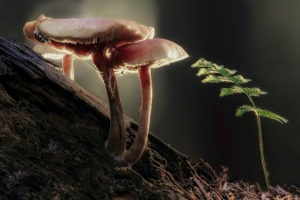
Could novel mushroom compounds be used to treat breast cancer? Through a new agreement, Canadian life sciences company Revive Therapeutics and the Puerto Rico Science Technology and Research Trust – which represents Universidad Central del Caribe (UCC) and St. Jude Children’s Research Hospital – hope to find out.
Revive Therapeutics announced on Wednesday that it has entered into an exclusive worldwide license agreement with the trust related to a novel discovery and research around compounds of the medicinal mushroom Ganoderma lucidum.
Researchers at UCC and St. Jude Children’s Research Hospital have characterized Ganoderma lucidum’s compounds with anti-cancer activity and say it does not affect normal, healthy cells. They noted that the compounds carry out significant activity against breast cancer, meaning that they have the potential to treat the most aggressive types of breast cancers, such as triple-negative breast cancer and inflammatory breast cancer.
Ganoderma lucidum mushrooms, also known as reishi mushrooms and lingzhi, are a staple in Eastern medicine, with a long history of promoting health and longevity in China and Japan. Until recently, beliefs around the health benefits of the mushroom were largely based on anecdotal evidence and cultural use. But scientific research now links Ganoderma lucidum extract (GLE) to an improved length and quality of life and shows that it does not interfere with conventional therapies.
GLE is commercially available for use in preventing and treating hypertension, cancer, and immunological disorders. Research also suggests it shows promise in selectively inhibiting breast cancer viability, inducing apoptosis, reducing invasion, regulating key signaling molecules, and reducing tumor size by approximately 50% in mice xenografts.
About one in eight American women (13%) develop invasive breast cancer over the course of their lifetime. In 2021, this is equal to an estimated 281,550 new cases of invasive breast cancers being diagnosed, in addition to almost 50,000 new cases of non-invasive breast cancer being diagnosed. While the overall death rate from breast cancer has decreased 1% per year from 2013 to 2018 – which is attributed to treatment advances and earlier detection through regular screening – women in the United States are more likely to die from breast cancer than any other cancer except for lung cancer.
But despite its known medicinal benefits, the organic compounds responsible for GLE’s activity are yet to be identified. Revive Therapeutics says understanding the chemical characterization of the compounds responsible for this biological activity is imperative to design and test derivatives with improved efficacy and safety profiles.
The company intends to build on the research conducted by UCC and St. Jude Children’s Research Hospital to advance it towards Food and Drug Administration (FDA) IND-enabling studies which will allow for human clinical trials. “We are very excited about the new addition to our clinical-stage product pipeline as part of our long-term strategy of unlocking the therapeutic potential of medicinal mushrooms such as psilocybin and Ganoderma lucidum to treat mental health, substance abuse, and aggressive cancers,” said Revive Therapeutics CEO Michael Frank.
Revive Therapeutics is also pursuing psilocybin as a possible treatment for rare cancers. The company purchased a provisional patent application related to a discovery about the drug’s potential to treat certain cancers such as liver carcinoma, melanoma, breast neoplasms, kidney neoplasms, and acute myeloid leukemia from psychedelic drug development company PharmaTher in January.





